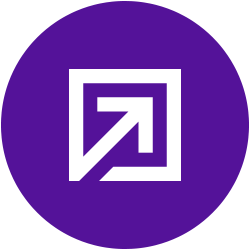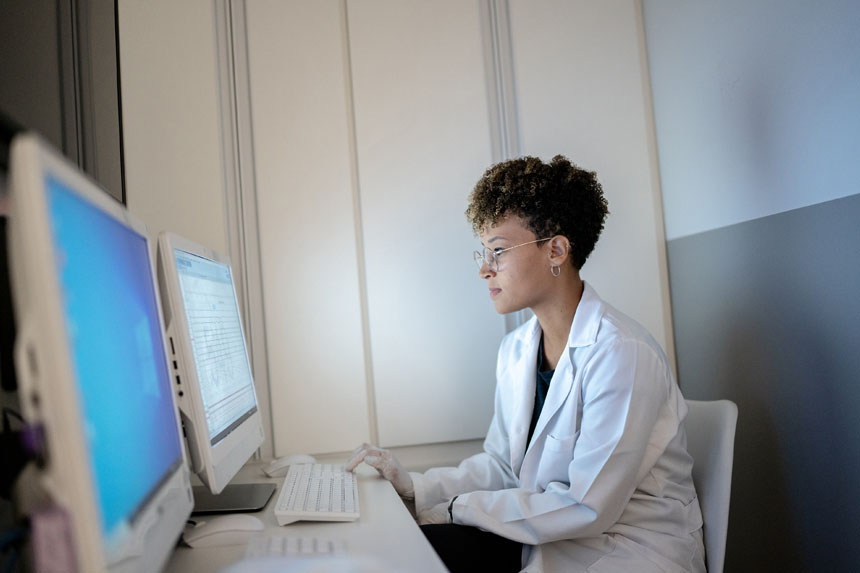How teams can prepare for the upcoming shortage of oncologists and the changing communication preferences of a new generation of physicians.
Oncology is in the middle of a generational chasm. The number of oncologists actively practicing in the U.S. has remained fairly steady at about 19,000, according to data from Definitive Healthcare. Close to 20% nearing retirement age at 64 and older. As these baby boomers retire, those spots will be filled by millennials, part of a generation of physicians that communicate, engage, and look for information in an entirely different way.
It is critical that the biopharmaceutical industry develop strategic approaches for engagement that reflect these emerging communication preferences. Organizations that focus on developing novel approaches for cancer care must recognize that their ability to inform successful patient outcomes will require the treating landscape to consume a vast amount of growing scientific evidence.
Challenges of an oncologist shortage
A study commissioned by the American Society of Clinical Oncology (ASCO) predicts that there will be a shortage of about 2,250 oncologists in the U.S. by 2025. We simply will not have enough oncologists to meet the rise in demand, with the number of patients receiving care expected to increase 53% by 2040. The study found that an aging and growing population and increasing numbers of cancer survivors would lead to a 40% growth in demand for oncologist services.
Compounding these challenges, the science of drug development in oncology is becoming more complex every single day, reflected by the volume of compounds that are continuously emerging. There are now close to 1,400 targeted compounds and vaccines currently in development and nearly 32,000 cancer trials currently underway in the U.S., according to data from the National Institutes of Health.
In this increasingly complex therapeutic area, oncologists of all generations must have access to trusted information about innovative treatment options, delivered in the ways they prefer. Life sciences’ medical affairs teams are well-positioned to bridge the gap, as the traditional role of the medical science liaison (MSL) evolves to align with the demands of a virtual world. MSLs must understand how key opinion leaders, or medical experts, of different generations consume information and want to engage.
This is especially pressing given the rise of the digital opinion leaders (DOLs) – a new class of medical voices that showcases the marriage between scientific communication and the digital world.
Connecting with digital influencers, as well as traditional experts, is key to bridging the generational gap between baby boomer and millennial oncologists. As the oncology workforce becomes younger in the coming years, it is up to medical affairs to adapt by leveraging digital engagement to complement the traditional MSL to expert relationship and ensure the digital influencers amplify critical scientific breakthroughs throughout social media.
The role of digital influencers in a growing digital ecosystem
More and more, oncology HCPs of all generations are becoming digitally competent – especially leveraging social media, YouTube videos, and podcasting – to communicate their expertise, present a scientific point-of-view, and build an online following.
Their followers include both peers and patients as well as pharmaceutical and biotechnology companies, all of whom must assess the digital influencer’s message to determine impact and develop trust. These digital experts curate an influential presence by playing to the strengths of each medium to get their message across.
Expect further examples of experts adapting to digital, developing a wide-reaching online following, and becoming even more influential across the life sciences industry. Tomorrow’s oncologists will be digitally savvy HCPs, many of whom do not boast a “traditional” expert profile with dozens of published papers or large conference presence. They are more naturally comfortable in digital spaces and adept at mastering digital channels – and they are just as important to life sciences companies who need to establish lasting relationships with emerging leaders.
Medical affairs needs new approaches to engage with both the traditional baby boomer experts who still hold patient respect and the new wave of go-to experts gaining influence via digital platforms.
Identifying and prioritizing digital influencers in oncology
When it comes to MSLs targeting and engaging with oncology DOLs, the strategy looks different compared to reaching out to the traditional expert. For starters, it is easier to know how to find experts, those opinion leaders who can be qualified by participation in peer-reviewed publications and number of clinical trials.
Connecting with DOLs requires a different approach, starting by engaging with target social networks. Medical affairs departments can develop strategies for social media listening and follow experts who voice opinions and share information about relevant clinical trials, research, and oncology therapeutic areas. By paying attention to the discussions happening online right now, companies can identify trends and turn that data into insights.
While staying on top of the information and opinions being circulated digitally is key, Medical affairs must then use those insights to actively participate in the conversation. In the virtual world where information spreads lightning-fast, it is crucial to always be aware of scientific exchange that is occurring on social media. Listening to the virtual dialogue, as the first step, and engaging with HCPs who post about relevant topics is an easy way for companies to participate in the social exchange.
The virtual world is continuing to grow its reach and be the setting for medical conversation and direct personal scientific exchange – with no hint of slowing down. Not participating in the digital conversation is no longer an option when it comes to the success of breakthrough medicines. Engaging with the right DOLs requires a different skillset and different data compared to connecting with traditional experts. It also requires a richer understanding of what makes both the DOLs and other experts tick.
Learn more
Want to see how Definitive Healthcare can give you an edge over your competitors when it comes to finding these game-changing digital opinion leaders? Sign up for a product demo today to get hands-on experience with Monocl ExpertInsight.





